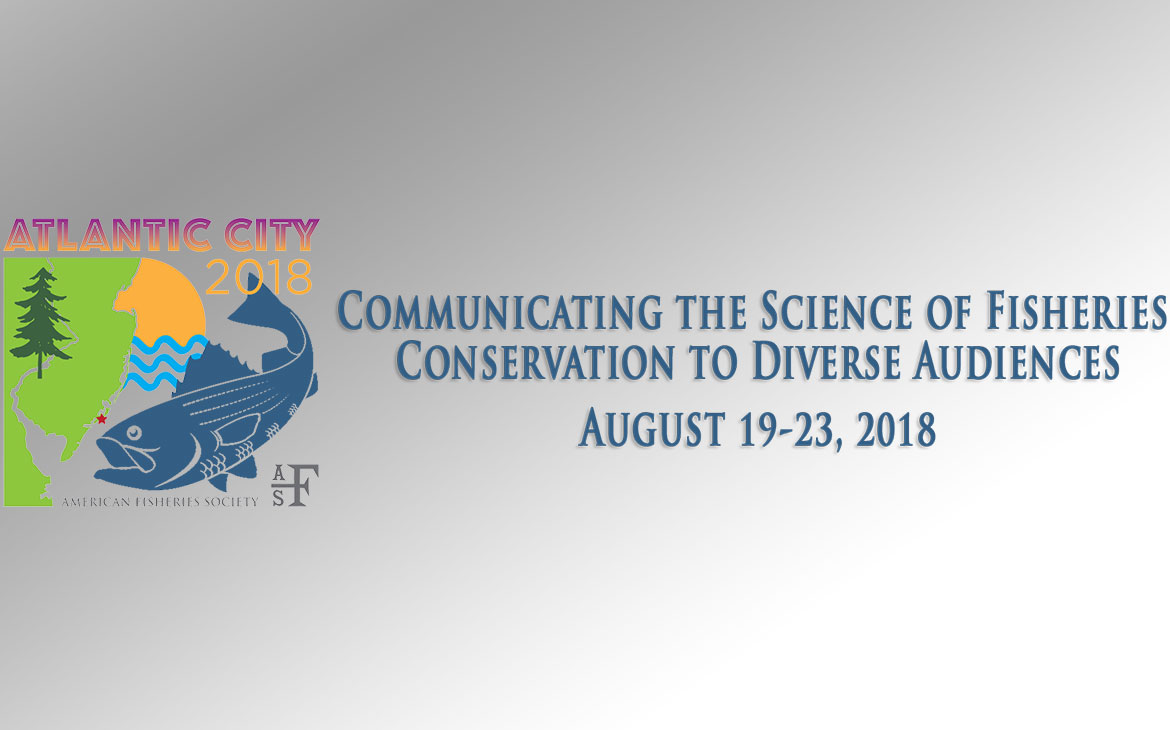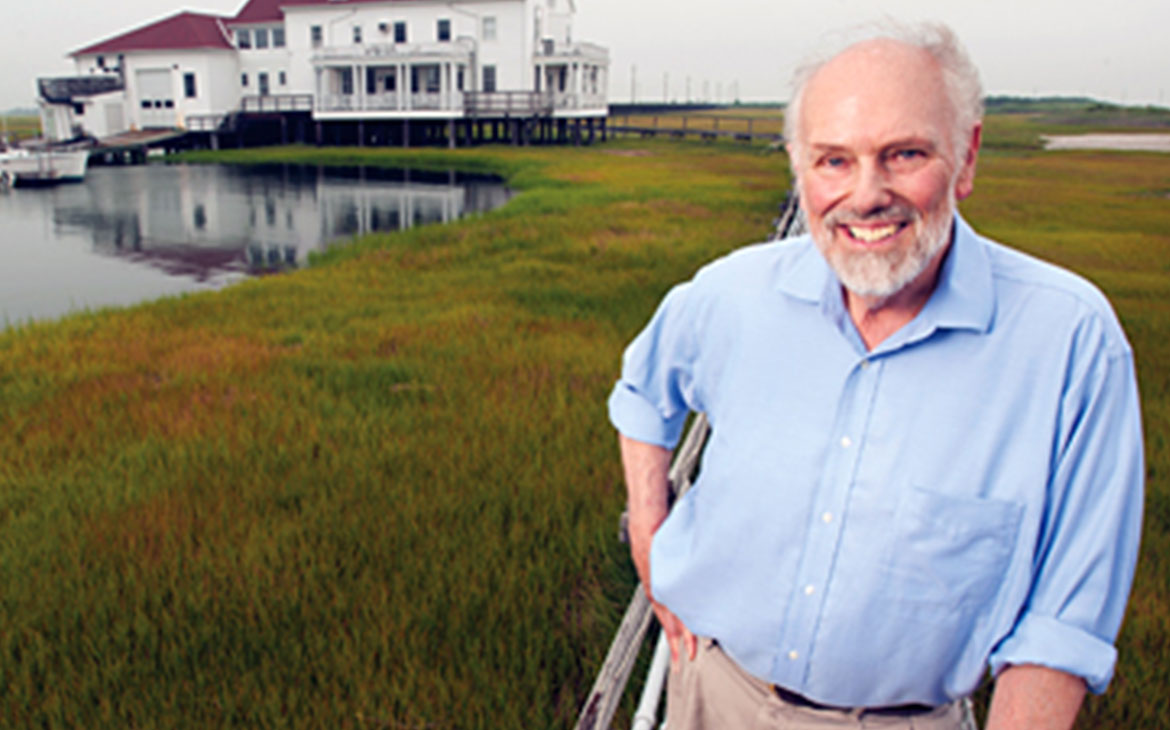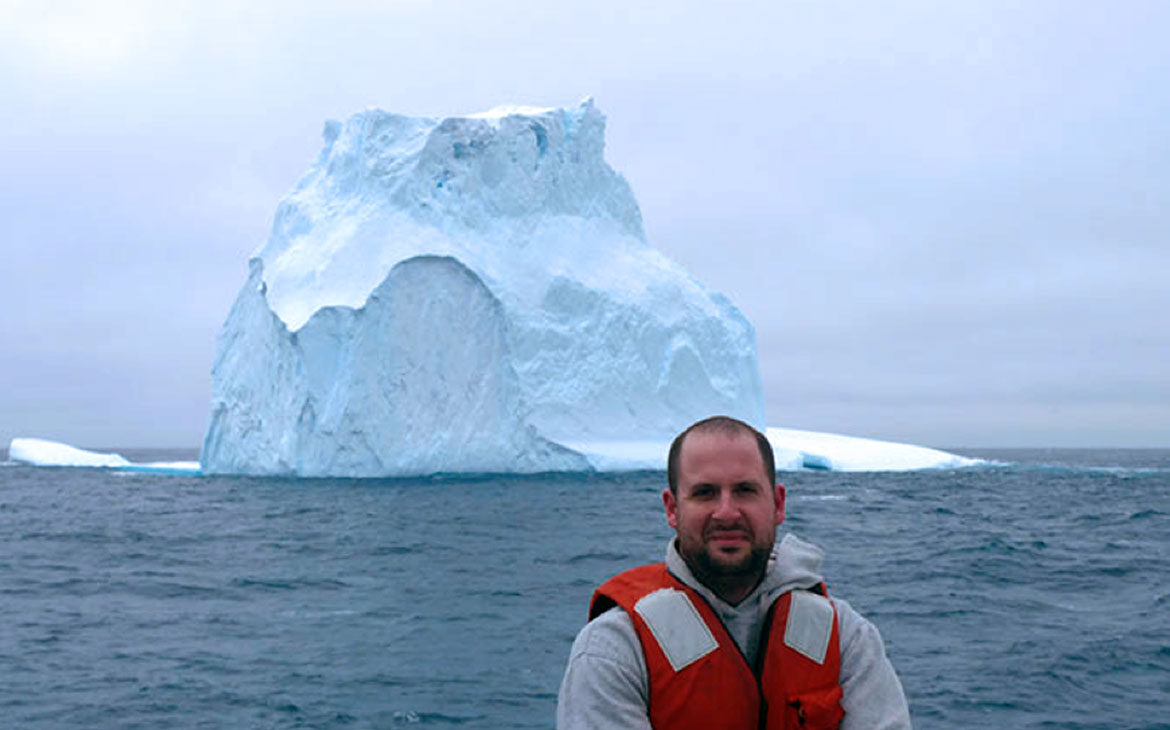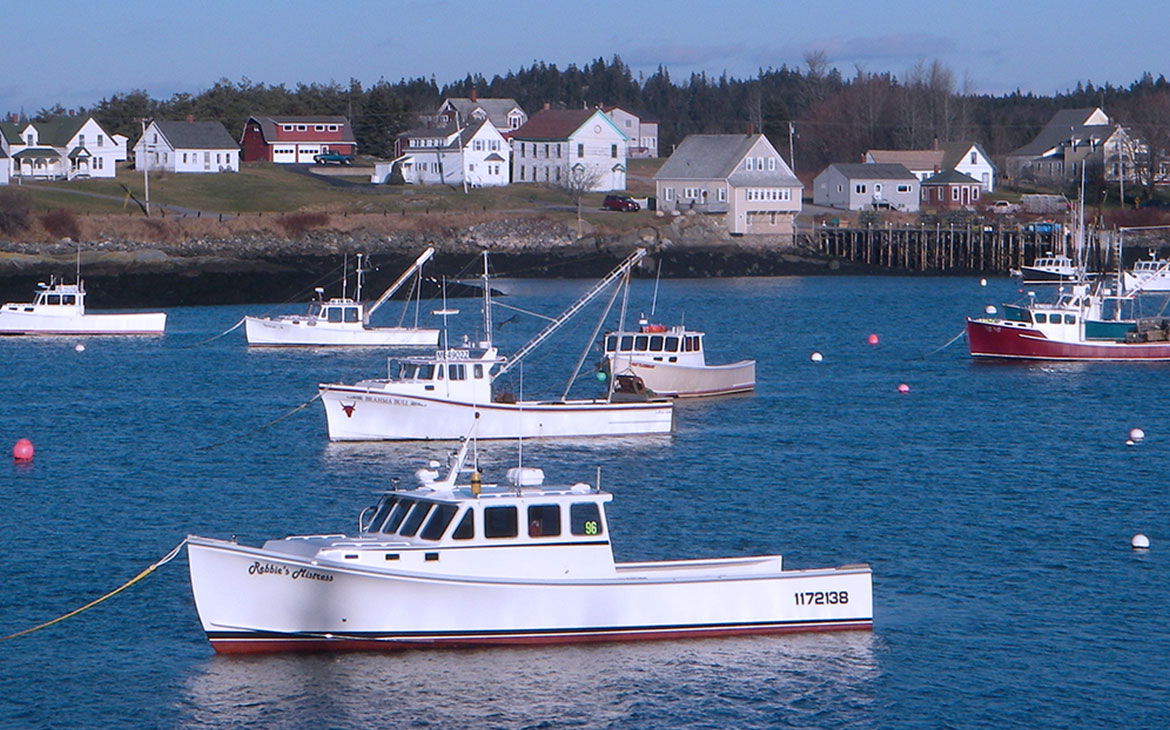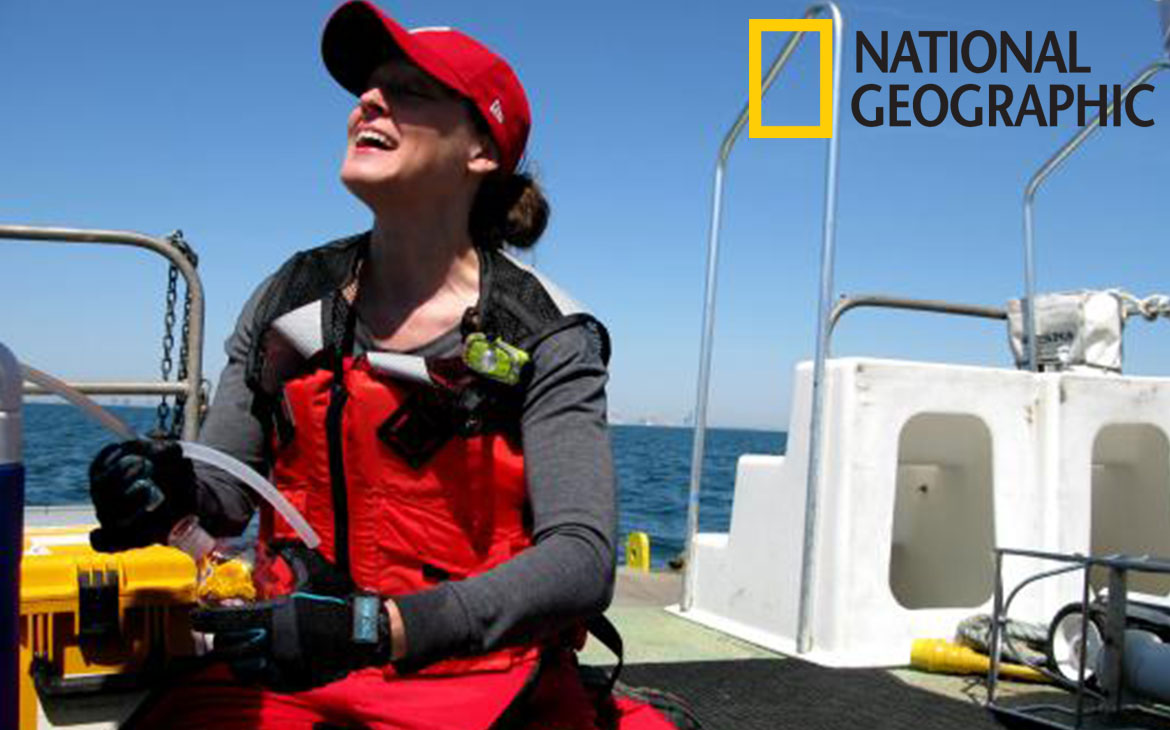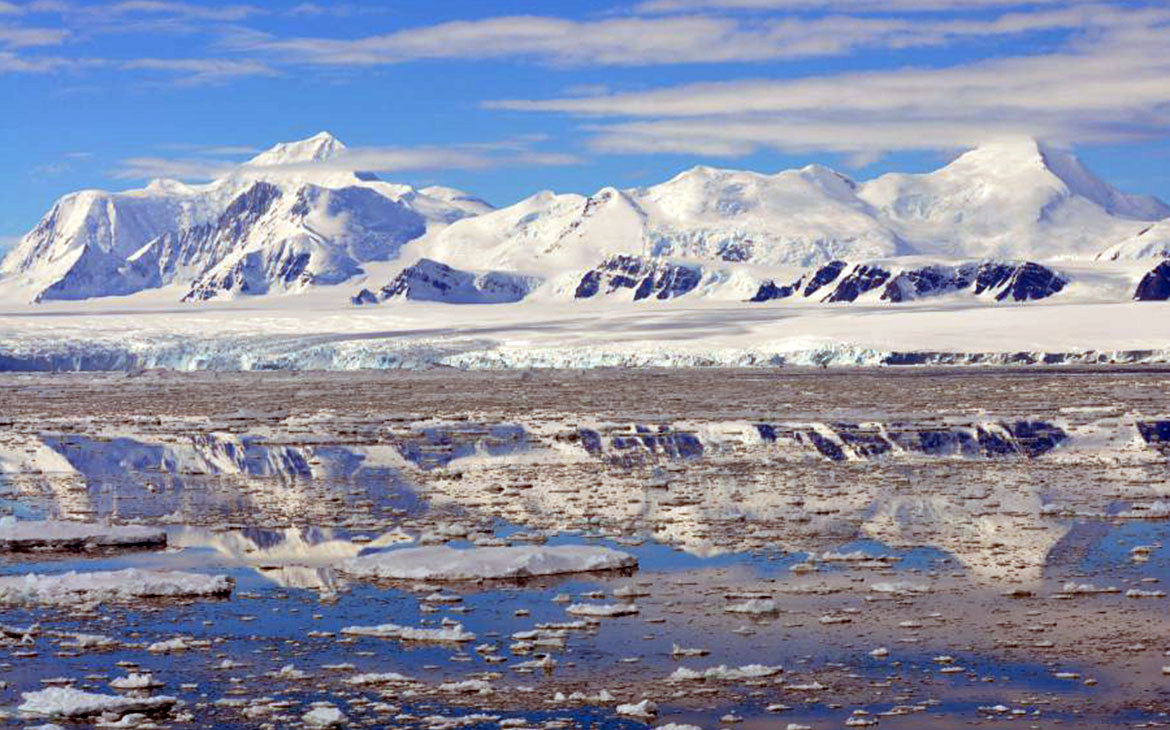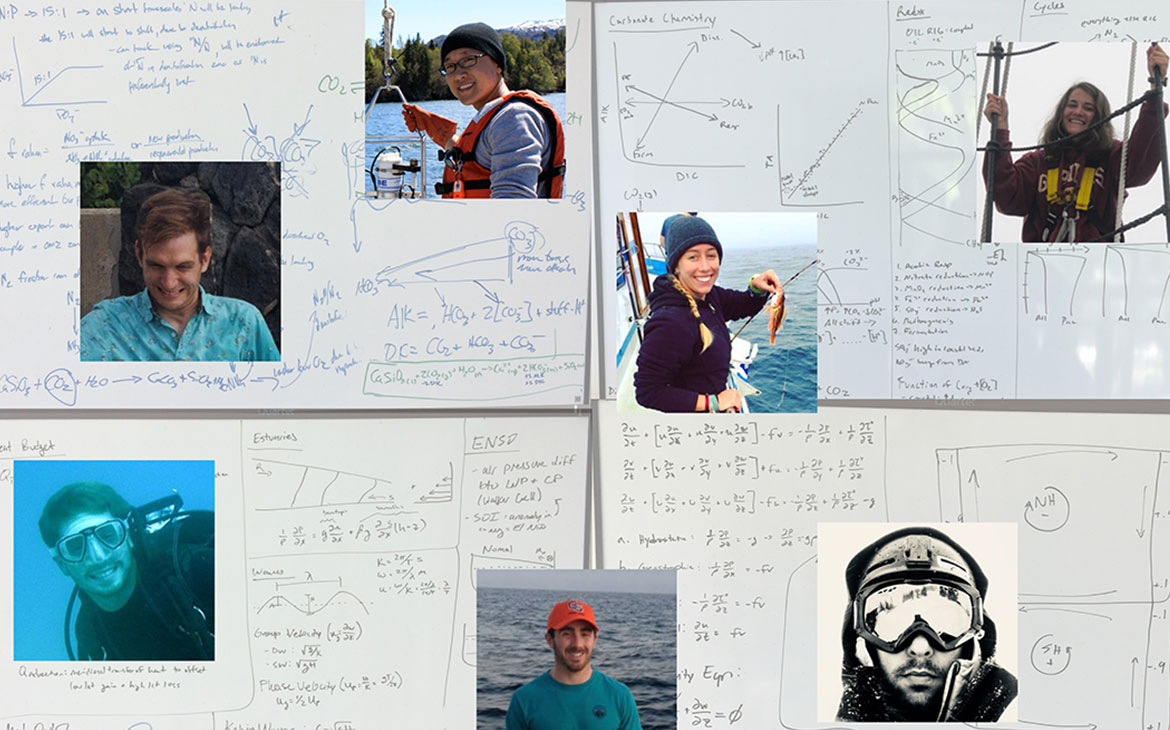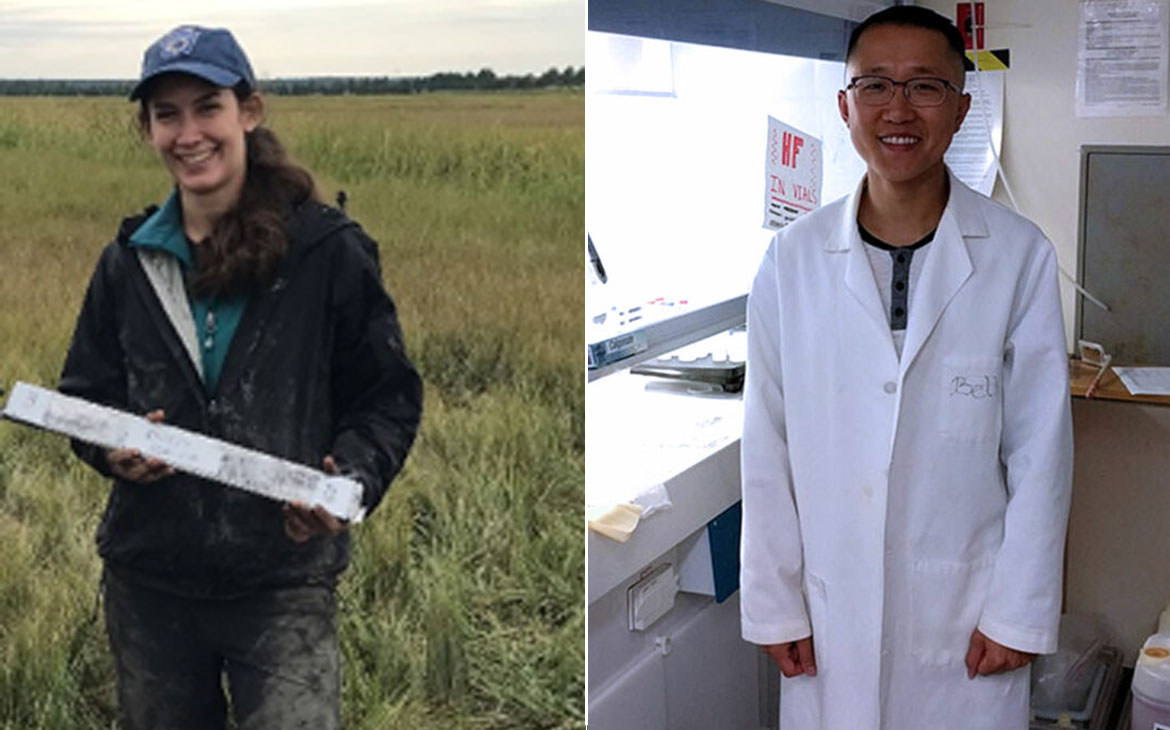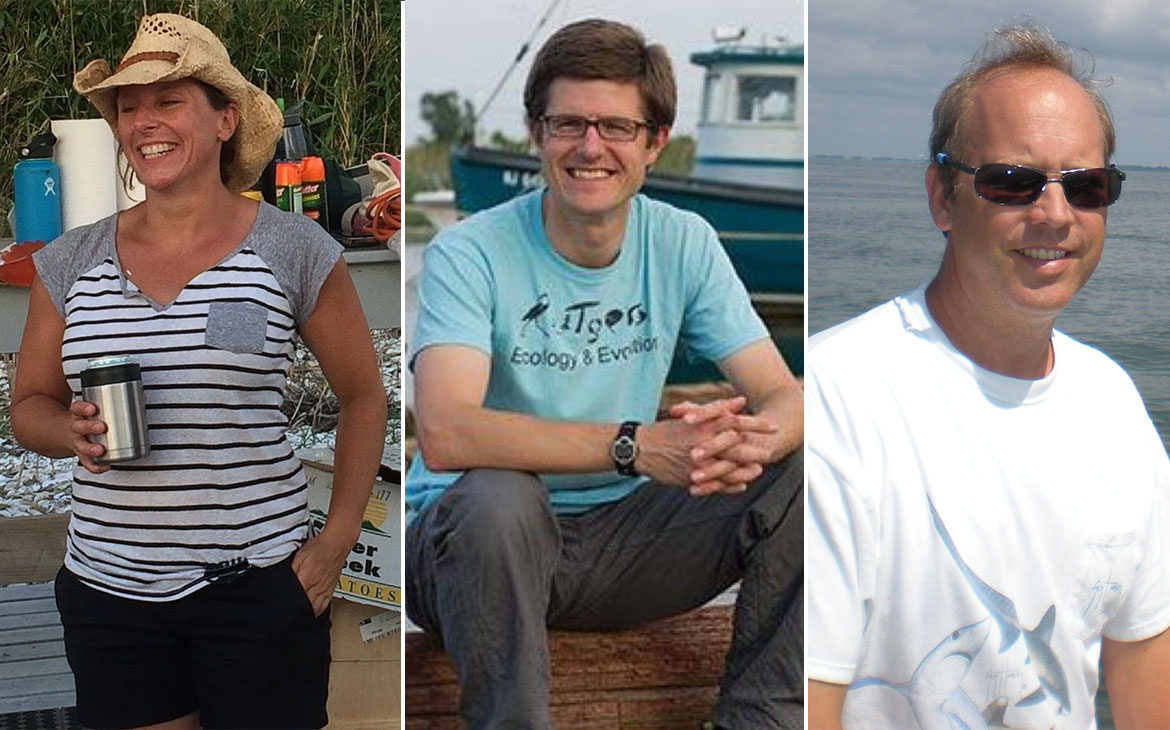Rutgers faculty and students are presenting more than 50 talks and posters at the 2018 American Fisheries Society Meeting in Atlantic City, NJ
Rutgers faculty and students are presenting more than 50 talks and posters at the 2018 American Fisheries Society Meeting in Atlantic City, NJ https://eoas.rutgers.edu/center-fisheries-ocean-sustainability/fisheries-society-annual-meeting/

